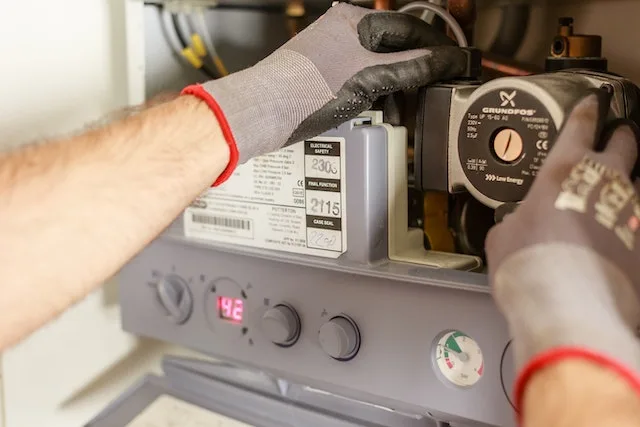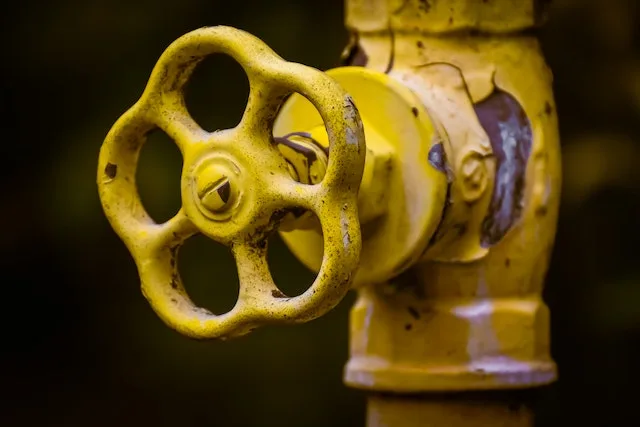Damage by water is one of the most common problems in rental properties because water pipes run virtually everywhere inside the walls of the home, and it is not unusual for those pipes to get damaged. At the same time, plumbing fixtures can malfunction and cause problems, such as when toilets overflow or appliances leak.
When water spillage happens inside a rental, the main issue is the cost of fixing the resulting damage. This cost is not limited to repairing the broken plumbing. It also involves the cost of fixing any damage to the structures of the home. Depending on the severity of the issue, the cost of fixing the damage can get very high.
That is why IPM Management warns water damage in a rental property can be a major source of conflict between landlords and tenants. Each party wants to transfer responsibility for the issue to the other. Landlords expect tenants to fix water damage since tenants are the ones who use the plumbing. Tenants, on their part, expect the landlords to handle the issues because they own the property.
What is the right way to handle this issue?
Is there a way to allocate responsibility for water damage in a rental property that is fair to landlords and renters? The answer is YES, and in this post, we explain the basic guidelines for dealing with this problem, as established by the law. These solutions apply in most parts of the USA (but do not neglect to check your state’s laws).
Allocating responsibility for water damage in a rental property
The law specifically defines landlords’ and tenants’ responsibility for this problem.
Landlord’s responsibility for water damage in a rental property

The law places most of the burden for the maintenance of a rental’s plumbing, along with the resolution of any damage by the plumbing, on the landlord. This responsibility is based on the principle of “Implied Warranty of Habitability,” an unwritten assurance landlords give their tenants.
By renting out their property to the tenant, the landlord assures them that they have done everything necessary to make the home habitable. Two of the many things that make a home habitable are the presence of adequate plumbing and potable water.
The law expects landlords to provide sufficient plumbing for the safety and comfort of tenants, as well as access to safe drinking water. But the landlord’s responsibility does not end with the provision of these facilities. The landlord is also required by law to do the following:
- The landlord is expected to maintain the plumbing in the state that it was when the tenant moved into the home. That means that the landlord is expected to handle all wear and tear issues that interfere with the function of the plumbing. Any water damage that happens because the landlord failed to do proper maintenance is the landlord’s responsibility.
- The landlord is responsible for all plumbing emergencies. Plumbing emergencies are plumbing issues that threaten to make the home uninhabitable. These pressing issues must be attended to by the landlord at once, regardless of the cause of the problem. After handling the emergency, the landlord may now determine the cause of the problem.
To sum up, any plumbing issue that is the result of natural wear and tear is the landlord’s responsibility. A plumbing problem is considered to be natural wear and tear if it is the result of the proper use of the home’s plumbing. Tenants are not responsible for wear and tear.
Tenant’s responsibility for water damage in a rental property

As already stated, tenants cannot be responsible for water damage that is the result of natural wear and tear on the home’s plumbing. Tenants’ responsibility for the home’s plumbing and water damage can be summed up in three parts;
- Any water damage caused by the tenant’s wrongful use of the plumbing is the tenant’s responsibility. This kind of damage is not caused by natural wear and tear. It is the result of something that the tenant did or failed to do.
- Tenants are responsible for notifying the landlord of issues that can cause water damage to the rental. If the tenant discovers a plumbing issue that poses a threat to the landlord’s property but fails to report it, the tenant will be partly responsible for the damage.
- In the event of a plumbing emergency, tenants are not only responsible for minimizing water damage to the landlord’s property but they are also responsible for protecting their property from water damage. For instance, if a pipe bursts in the home, it is the tenant’s responsibility to shut off the water at the mains and take their belongings out of the path of the water.
To sum up, any water damage that results from the tenant’s failure to use the plumbing in the right manner or act responsibly during a plumbing emergency is the tenant’s responsibility.
Note that local laws may be slightly different from what is explained in this post. Before acting on the contents of the post, please consult your local regulations





